Gulab

Subscribe to read full article
This section is for paid subscribers only. Our subscription is only $37/- for one full year.
You get unlimited access to all paid section and features on the website with this subscription.
Not ready for a full subscription?
You can access this article for $2 , and have it saved to your account for one year.
- Born: 10 June 1908 (Jammu)
- Primary Cinema: Hindi
Enjoying a long innings in the industry, and featuring in lead and supporting roles in more than 150 feature and short films from the silent era of the 1920s to the 1970s, actress Gulab is known for films such as Janjir Ne Jankare (1927), Kono Vank (1929), Kala Jigar (1939), Station Master (1942), Ratan (1944), Mirza Sahiban (1947), Ghar Ki Izzat (1949), Bari Behen (1949), Namoona (1949), Sansar (1951), Return of Mr Superman (1960), Ram Aur Shyam (1967), The Thief of Baghdad (1969) and Hanuman Vijay (1974), among others. In the early period, she worked extensively with the Shree Krishna Film Company of Bombay. While she received top billing in many films, she later shone even in side roles, winning attention and praise for her performances. In the column ‘Round the Town’ in the publication FilmIndia, the reviewer draws attention to Gulab’s performance in Zamana, writing that her performance, along with that of Padmadevi and Dar, “are attractive and worth a visit.” The film, hailed as an “excellent production with an intensely sensible subject,” provided a strong argument against the evils of the dowry system in Hindu culture. Similarly, in Pyas, a review noted, “Gulab as the village doctor’s wife gave marvelously effective work – just the work which helped Snehaprabha to be built up. Artistes like Gulab are getting rare in these days, because they not only give their best but they give a good hearty push ahead to the newcomers.” A review of the film Rattan (1944), notes, “From the players, the three side roles played by Badri, Rajkumari and Gulab stand out effectively. All these three artistes have roles which fit their types beautifully and they give excellent performances throughout the picture.”
Gulab was born on 10 June 1908 in Jammu. She began her career in silent films, featuring in no less than 11 films in the year 1925 itself. These include the Nanubhai B Desai-directed Bhadra Bhamini/ Test of Chastity (1925), produced by the Shree Krishna Film Company of Bombay, in which she starred alongside Prabhudas and P R Joshi. Her other film appearances in the year 1925 include Chandra-Kanth, Hothal Padmini, Jai Kumari, Krishna Kumar, Swapna Sundari, Baap Kamai, Lalan Vanjari, and Sacho Hakder, among others.
She played leading roles in films such as Janjir Ne Jankare (1927), a romantic drama directed by Harshadrai Sakerlal Mehta, in which she played Princess Rama in a cast comprising Pehlwan Nandram and others. This Rajput romance, produced by the Shree Krishna Film Company of Bombay, revolved around Commander Ambar of Ajaygarh who triumphs over neighbouring Ramgarh capturing its king and the beautiful Princess Rama. Ambar falls for her but problems arise when the king of Ajaygarh wants to give his own daughter in marriage to the victorious commander. Ambar covertly helps Rama and her father escape but he is killed in the process and dies in Rama's arms. The major portion of the film deals with Ambar's imprisonment at the hands of his own patron, remaining seven days without food. The highlights of the film included spectacular battle scenes.
Kala Jigar (1939) saw her headline the cast of this A M Khan-directed love story depicting the life of a kind and brave man who works for a cruel government. He wants to rebel against it but faces various odds. When he meets with a sweet girl, they fall in love and the experience changes him.
With the passing decades, Gulab segued to supporting roles in films like Station Master (1942), the K Amarnath-directed romantic drama Mirza Sahiban (1947) alongside Noorjehan and Trilok Kapoor, the family drama Ghar Ki Izzat (1949) in which she played the character Mrs Chunnilal, the D D Kashyap-directed Bari Behen (1949), and the Hira Singh-directed romantic drama Namoona (1949) with a cast that included Kishore Sahu, Kamini Kaushal, Leela Chitnis and Dev Anand.
In the 1950s, she featured in films such as Ram Daryani’s Tarana (1951), S S Vasan’s family drama Sansar (1951) in which she played Ganga, Aas (1953) in which she played the hero Ashok (Shekhar)’s aunt, S S Vasan’s Bahut Din Huwe (1954) in which she played the flower-woman, G P Sippy’s action crime drama Marine Drive (1955) in which she played the aunt, Ravi Kapoor’s romance drama Mirza Sahiban (1957) in which she essayed Sahiban’s mother, Lekhraj Bhakri’s family drama Sahara (1958), the action mystery genre Post Box 999 (1958) directed by Ravindra Dave in which she played the character Mrs Lal, Mohammed Hussain’s comedy drama Aji Bas Shukriya (1958), Aspi Irani’s action crime genre Qaidi No. 911 (1959), and Ravindra Dave’s family drama Ghar Ghar Ki Baat (1959) which saw her credited as Gulabbai.
The 1960s saw her act in Chhabili (1960) directed by Shobhana Samarth, the action adventure Return of Mr Superman (1960) directed by Manmohan Sabir, Chetan Anand’s acclaimed war genre Haqeeqat (1964), Tapi Chanakya’s comedy drama Ram Aur Shyam (1967) starring Dilip Kumar, Waheeda Rehman and Mumtaz, and Shriram Bohra’s action adventure drama The Thief of Baghdad (1969).
Among the last films she featured in are Mohan J Bijlani’s romantic drama Upaasna (1971) in which she played a field fighter, and Hanuman Vijay (1974) a fantasy film directed by Babubhai Mistry.
References
https://www.imdb.com/name/nm0347653/
FilmIndia
-
Filmography (182)
SortRole
-
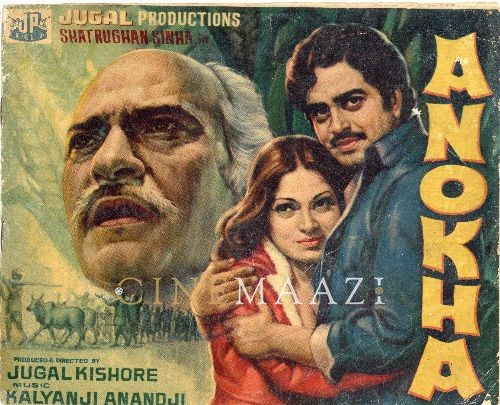
Anokha 1975
-
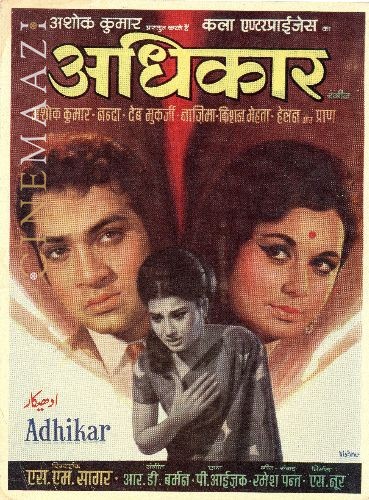
Adhikar 1971
-
Pahadi Nagin 1964
-
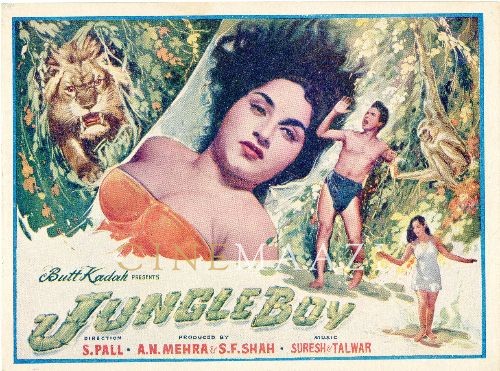
Jungle Boy 1963
-
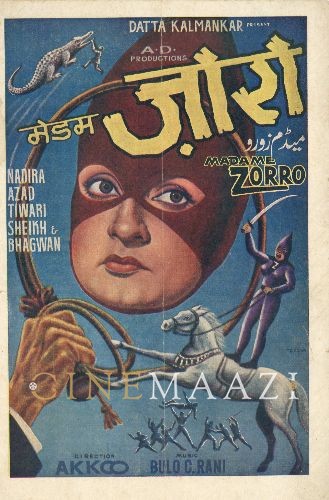
Madame Zorro 1962
-
Madam Zappatta 1962
-
Sapera 1961
-
Tanhai 1961
-
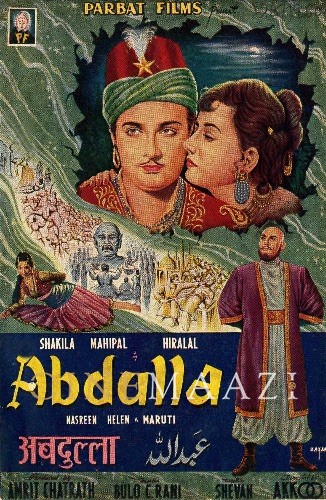
Abdullaa 1960
-
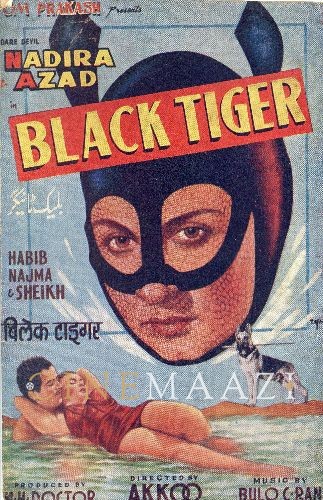
Black Tiger 1960
-

Dekha Jaega 1960
-










.jpg)



